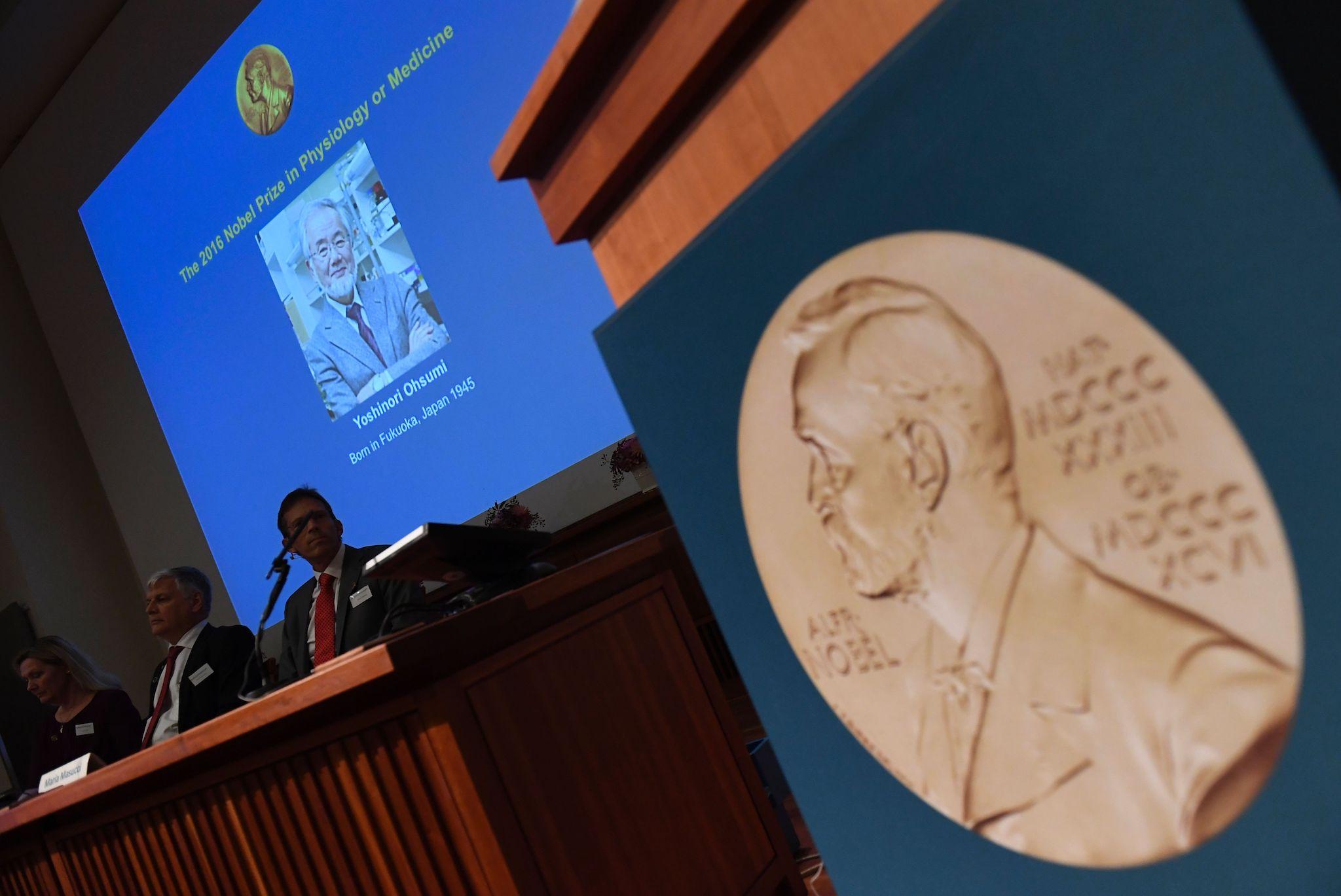Nobel Prize in medicine given to Yoshinori Ohsumi for work on destruction of cells
The Japanese cell biologist was given the award 'for his discoveries of mechanisms for autophagy', the judges said

Yoshinori Ohsumi has been awarded the Nobel Prize in medicine for his work on cells.
The Japanese cell biologist was awarded the prize for his "discveries of mechanisms for autophagy", the judges said. That work examines how the body breaks down and re-uses parts of cells.
Mr Ohsumi's work helps doctors understand what happens in some of the most central parts of life. And it helps understand what goes wrong, too – explaining the mechanisms behind a range of diseases, including cancer, diabetes and Parkinson's.
Autophagy literally translates at eating itself. But it refers to the way that cells can break down and then re-use their own contents – shutting them up in a membrane and then taking that material to be recycled elsewhere in the body.
Mr Ohsumi's work looked at a specific set of cells that control autophagy in the yeast that bakers use. He then showed how those same mechanisms are at work in human cells.
Autophagy has been known about for more than 50 years. But its fundamental importance in physiology and medicine was only recognized after Yoshinori Ohsumi's paradigm-shifting research in the 1990s", said the Karolinska Institute, which gives away the Nobel prize.
Mr Ohsumi was born in 1945 in Fukuoka in Japan. He works at the Tokyo Institute of Technology.
The rest of the winners – in the fields of physics, chemistry and the Peace Prize – will be announced through this week. Economics and literature awards will then be given next week.
Last year, three scientists were given the award for their work on malaria and other tropical diseases.
Eaach prize is worth 8 million kronur, or just under a million pounds.
Join our commenting forum
Join thought-provoking conversations, follow other Independent readers and see their replies
Comments
Bookmark popover
Removed from bookmarks